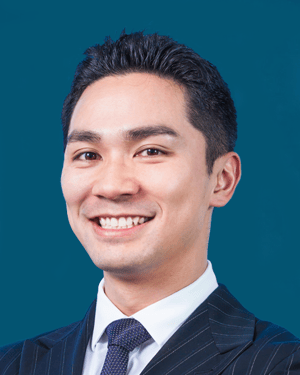Combination behavioural therapy can help treat ADHD.
Behavioural interventions refer to changes in the physical and social environment, designed to promote good behaviour. These include the use of rewards, and decrease problematic behaviour, such as time outs or withdrawing privileges. Behavioural interventions are preferred for preschool children and can be used together with medications for older children. Interventions are given to educate parents and children on how to improve their relationship. Other behavioural changes also prove effective, such as maintaining a daily schedule, minimising distractions, and using charts and checklists. Research shows that combination therapy of behavioural interventions and medications are more efficacious than behavioural therapy alone.[1]
Some schools provide tutoring or other accommodations, such as arranging for the child to sit near the teacher or allowing more time for assessments. Psychotherapy would be useful if a child suffers from depression and anxiety at the same time. Cognitive behavioural therapy is useful in some adults, especially those focusing on training on executive functioning, though the evidence is not strong.[2]
If you’re worried that your child shows symptoms of ADHD, click here for a quick assessment!
[1] Van der Oord, S., Prins, P. J., Oosterlaan, J., & Emmelkamp, P. M. (2008). Efficacy of methylphenidate, psychosocial treatments and their combination in school-aged children with ADHD: a meta-analysis. Clinical psychology review, 28(5), 783-800.
[2] Lopez, P. L., Torrente, F. M., Ciapponi, A., Lischinsky, A. G., Cetkovich-Bakmas, M., Rojas, J. I., Romano, M., & Manes, F. F. (2018). Cognitive-behavioural interventions for attention deficit hyperactivity disorder (ADHD) in adults. The Cochrane database of systematic reviews, 3(3), CD010840. https://doi.org/10.1002/14651858.CD010840.pub2
Information provided by:

Specialist in Psychiatry, OT&P Healthcare
Please note that all medical articles featured on our website have been reviewed by qualified healthcare doctors. The articles are for general information only and are not medical opinions nor should the contents be used to replace the need for a personal consultation with a qualified medical professional on the reader's medical condition.